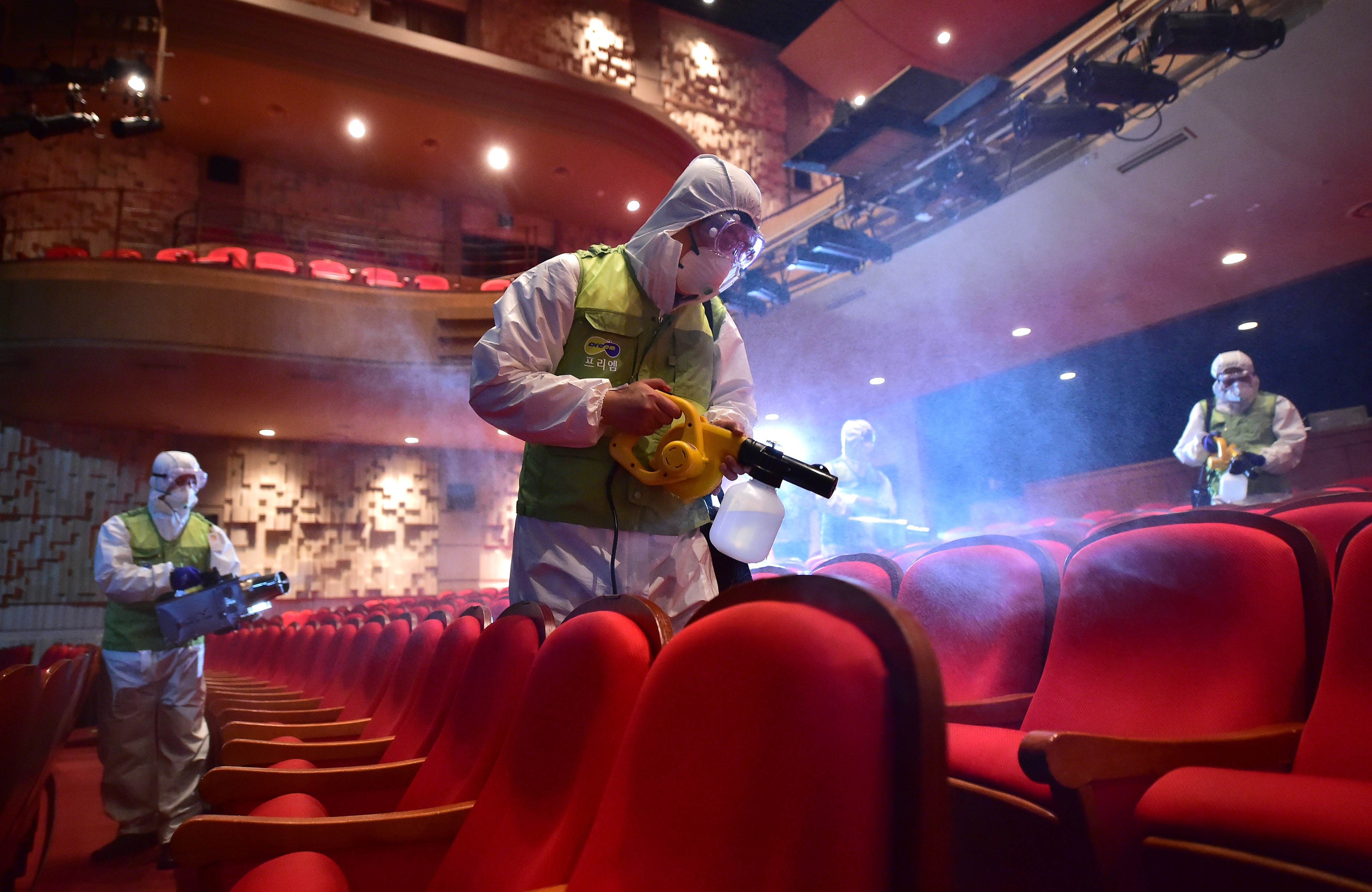Researchers in the United States trying to develop a vaccine against the deadly Middle East respiratory syndrome (MERS) virus say they have had early signs of success in animal experiments.
Using a two-step approach in mice and rhesus macaques, scientists at the vaccine research center of the U.S. National Institute of Allergy and Infectious Diseases (NIAID) said they had managed to provoke an immune response in the animals.
In results published in the journal Nature Communications, vaccinated mice produced antibodies against multiple strains of MERS, they said, and vaccinated macaques were protected from severe lung damage when exposed to the virus.
The findings suggest this approach — centered on a viral protein called the "spike glycoprotein," which the MERS virus uses to enter cells — holds promise for developing a similar human MERS vaccination, the researchers said.
MERS, which causes coughing and fever and can lead to fatal pneumonia and kidney failure, has been reported mainly in Saudi Arabia and South Korea but has also been imported by travelers to at least 25 countries since it first emerged in 2012.
There are currently no licensed vaccines available, and it has killed almost 500 people worldwide, mainly in Saudi Arabia.
A MERS outbreak in South Korea that began in May infected 186 people, killing 36 of them, and caused widespread social disruption. That outbreak was declared effectively over Tuesday.
The team is now working on refining the system and hopes eventually to be able to test a second-generation vaccine candidate in human clinical trials.



















With your current subscription plan you can comment on stories. However, before writing your first comment, please create a display name in the Profile section of your subscriber account page.